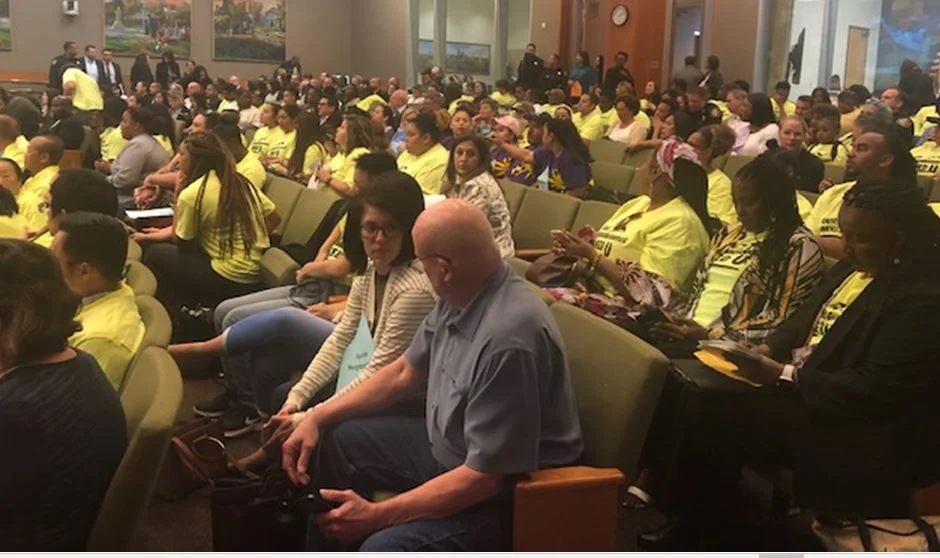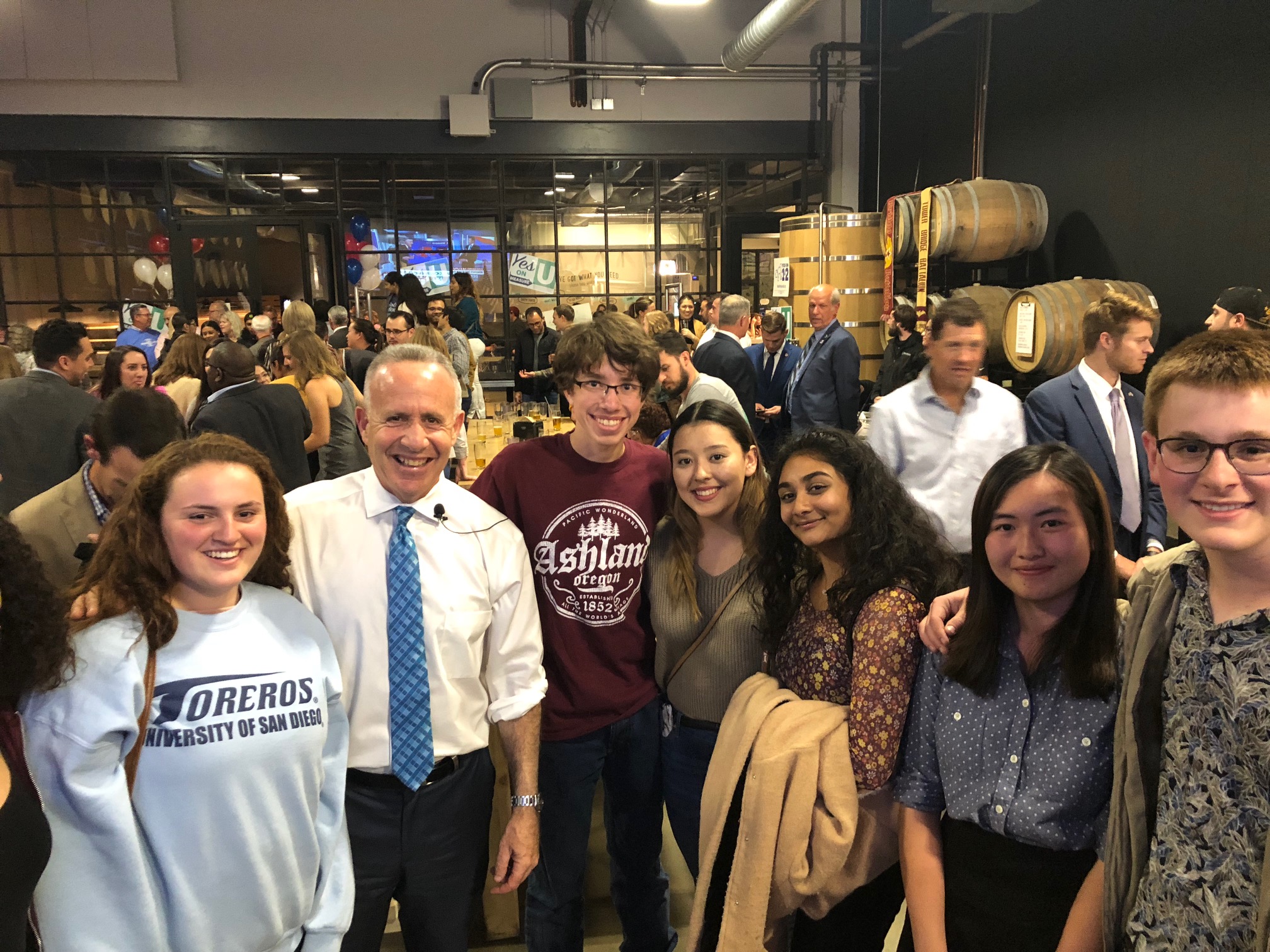'Messy' Measure U debate produces a breakthrough at Council meeting
Often when you try to make change, or aspire to provide a new direction, the process gets messy.
I was reminded of that this week when I came across a column George Skelton wrote in the Los Angeles Times in 2014, as I prepared to leave my post as leader of the California State Senate. Skelton wrote that during my tenure, I had “gotten a lot done for myself, for the governor, and for the state. But like democracy generally, it hasn’t always been smooth.”
Achieving the end goal will always be my focus. And today, that is the case with Measure U.
I pledged that a sizable portion of the new half cent you approved in November will go toward building a stronger economic base in Sacramento that includes residents of our entire city rather than just people from our more affluent neighborhoods. I remain absolutely committed to that goal.
I am always open to compromise on the specific ways we can reach the goal. I want to thank Councilmember Steve Hansen for the proposal he made at our City Council meeting today. It is consistent with what I’ve been saying for two years in two significant ways:
It achieves my goal of setting aside $40 million a year from Measure U over the next five years for inclusive economic development projects and affordable housing.
It raises a substantial amount of capital upfront — a total of $250 million — through two rounds of bonding that will help finance affordable housing, city facilities and economic development projects in our neighborhoods.
This bonding proposal, which I support, is not some scheme that puts the general fund at risk. It would limit debt service to 6 percent of general fund revenue. Our debt ratio stands at about 3.4 percent today, a lower debt load than the 6 percent that is considered “better than best practice” for cities, according to City Treasurer John Colville. The plan also strengthens our city’s economic uncertainty reserve.
We are not proposing some slush fund. Bonds would be issued only after specific projects were approved by the City Council. Each time, the City Treasurer would run a stress test on the general fund to make sure that we were on sound footing.
Supporters of Measure U at election night victory party
Raising upfront capital through bonding is a common way for cities to finance significant projects; we do it all the time. In 2006, for example, the city authorized the issuance of lease revenue bonds to pay for a wide variety of improvements. Since then, we have issued $151 million in debt secured by the general fund. Debt service ranges from $6.2 million to $6.7 million a year.
Some of the items funded by these bonds have included a new library in the Pocket, a veterinary hospital for the zoo and a cattery for the Front Street Animal Shelter.
The Portland Mercado opened four years ago on a vacant car lot.
By issuing bonds up front, we can raise $100 million for a housing trust fund. Most affordable housing projects barely pencil out, and often have a funding gap of a few million dollars. We can use this money to fill the gap and leverage the construction of thousands of units of affordable housing our city desperately needs.
We could also provide important seed funding for economic development projects that would inject new business dollars and jobs into neighborhoods that have been overlooked for decades. While individual projects would have to be approved by the City Council, the Mercado proposed for Franklin Boulevard is a great example.
This concept for a culinary business incubator is based on the Portland Mercado in Portland, Ore., which has housed more than 20 Latin American food purveyors since it opened four years ago on a vacant car lot. Another 44 entrepreneurs have rented space in the facility’s commercial kitchen.
At the end of its first year, the Portland Mercado had created 114 jobs and produced $2.5 million in revenue. Most of the customers come from outside the neighborhood, so their money is an injection of wealth that didn’t previously exist.
“It brought a lot of amenities to an area that didn’t have many,” says Nathan Ulsh, Executive Director of the Franklin Boulevard Business District.
Ulsh was in charge of recruiting businesses for the Portland Mercado when he worked in that city, and he says he’s certain such project would succeed here. All that’s lacking is about $2 million to help finance the purchase of property along Franklin between Sutterville and Fruitridge roads.
This is what I mean when I talk about inclusive economic development. The south Sacramento neighborhoods served by the Franklin Boulevard Business District are 48 percent Latino and have a median household income of $29,000 – half the regional average.
Creating new jobs and income here will help boost the tax base of our city, increasing our ability to fund city services down the road.
The next few weeks will be critical as we make long-term decisions about what we will do with our new Measure U revenue. My goal is to invest in Sacramento’s economic future without endangering our city’s fiscal health. I will remain focused on achieving it.
Your mayor,
Darrell Steinberg






